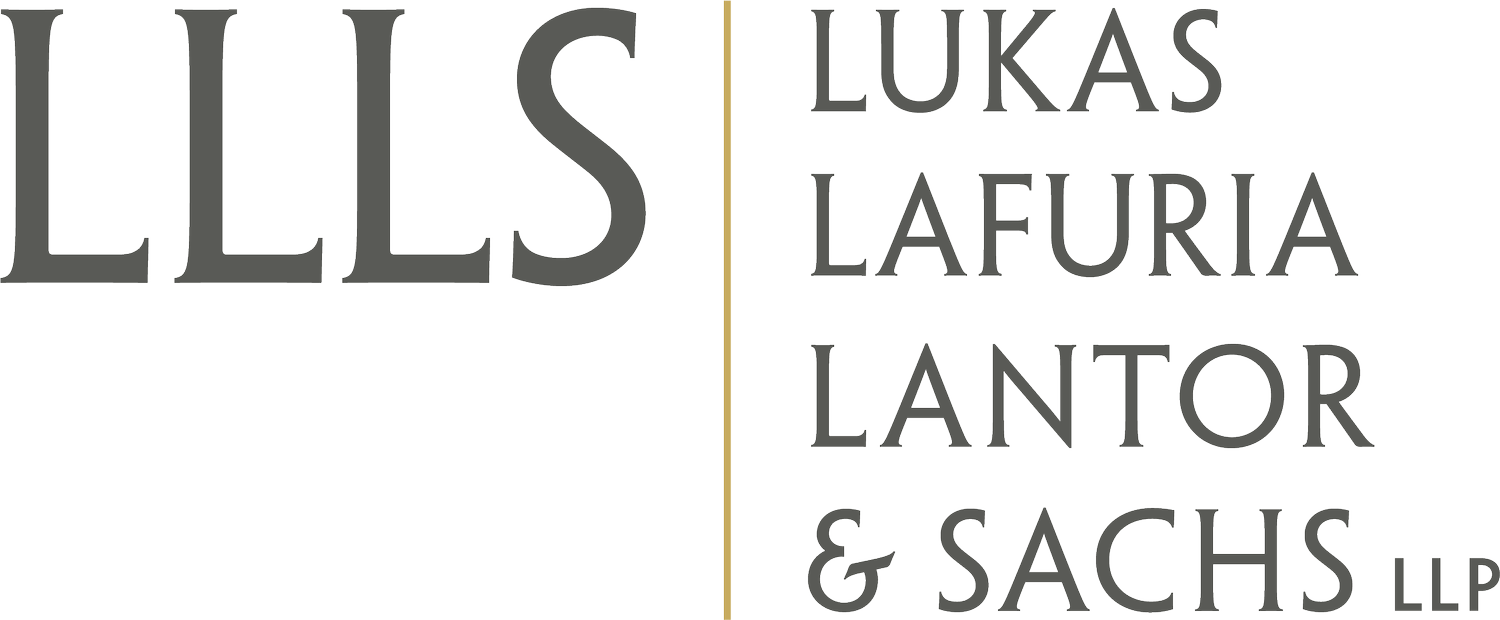TIRELESS ADVOCATES FOR THE BROADBAND INDUSTRY
In today’s dynamic marketplace, the attorneys and engineers of LLLS are tightly focused on helping telecommunications and broadband service providers succeed. With a 42-year history, we’ve got the knowledge, the experience, and the relationships to represent large companies and small entrepreneurs alike, identifying opportunities, building innovative business models, and ensuring compliance in a complex and ever-changing regulatory environment.


